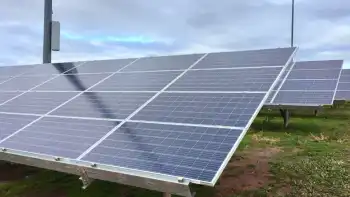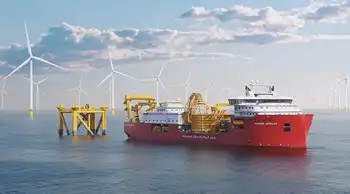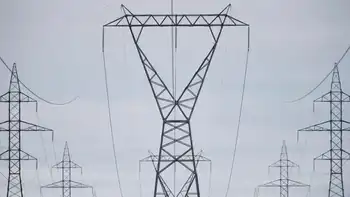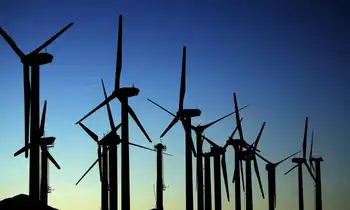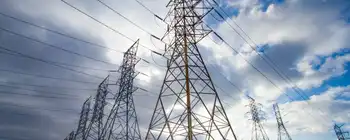Energy storage key to EV plans
By CBC News
Arc Flash Training CSA Z462 - Electrical Safety Essentials
Our customized live online or in‑person group training can be delivered to your staff at your location.

- Live Online
- 6 hours Instructor-led
- Group Training Available
The Canadian Electric Vehicle Technology Road Map, set up to look at what role Canada can play in the electric car market, said earlier that it wants to see at least 500,000 highway-capable, plug-in electric vehicles on Canadian roads by 2018.
The committee released a report that it said offers the perspective of many stakeholders, mainly industry, on how electric vehicles for highway use should evolve in Canada and what should be done to ensure the evolution.
It said progress toward electric vehicles becoming widely used "depends above all on one factor: increasing the amount of electrical energy that can be stored in a given volume or weight on board a vehicle, thereby extending electric traction's range."
In addition to energy storage, it said government and industry must work together to develop an infrastructure for charging batteries and to ensure that government standards and regulations support the development of electric vehicles without compromising safety and other concerns.
The committee said it focused on two types of personal and commercial vehicles: ones that run solely on electricity and ones that have an internal combustion engine in addition to an electric traction motor.
Its strategy does not encompass fuel-cell based vehicles, ones with two or three wheels, low-speed and off-road vehicles or street cars and trolley buses that are powered directly from the electricity grid while running.
The report said there is pressure to reduce carbon emissions by focusing on electric vehicles that rely exclusively or heavily on the electricity grid for recharging their batteries.
"Part of Canada's potential strength as a focus for EV production and use is the sophistication of the electricity grid and the electrical generation that feeds it," the report said.
"In Canada, a higher share of this electrical generation is from renewable sources than in almost any other country, which means that conversion of the Canadian on-road fleet of EVs would result in large reductions in the fleet's carbon emissions."
The report said key strategic initiatives include reducing the weight of electric vehicle components and reducing their cost by a factor of two or three so they can be competitive with components in an internal combustion engine.





